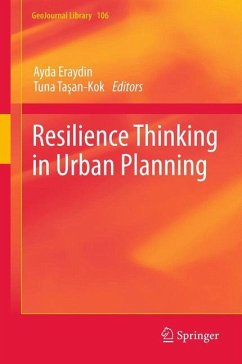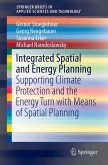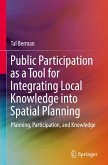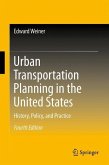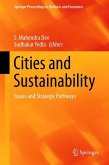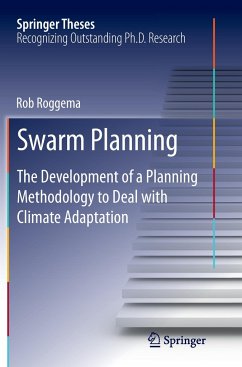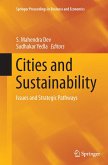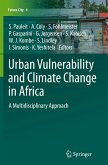There is consensus in literature that urban areas have become increasingly vulnerable to the outcomes of economic restructuring under the neoliberal political economic ideology. The increased frequency and widening diversity of problems offer evidence that the socio-economic and spatial policies, planning and practices introduced under the neoliberal agenda can no longer be sustained. As this shortfall was becoming more evident among urban policymakers, planners, and researchers in different parts of the world, a group of discontent researchers began searching for new approaches to addressing the increasing vulnerabilities of urban systems in the wake of growing socio-economic and ecological problems. This book is the joint effort of those who have long felt that contemporary planning systems and policies are inadequate in preparing cities for the future in an increasingly neoliberalising world. It argues that "resilience thinking" can form the basis of an alternative approach toplanning. Drawing upon case studies from five cities in Europe, namely Lisbon, Porto, Istanbul, Stockholm, and Rotterdam, the book makes an exploration of the resilience perspective, raising a number of theoretical debates, and suggesting a new methodological approach based on empirical evidence. This book provides insights for intellectuals exploring alternative perspectives and principles of a new planning approach.
"The book explores inventive ways of sustainable urban planning in search of new response to the fragmentation of urban spaces in the neoliberal epoch. The authors make a very productive use of the popular resilience concept in order to recombine the economic and ecological opportunities of urban development into a synthetic trajectory of co-evolution..."
Willem Salet
Professor of Urban and Regional Planning
University of Amsterdam
"This important and original book is one of the first that grapples with contemporary debates over resilience planning in post-credit crunch Europe. It delivers genuinely new conceptual and empirical insights into the ways in which resilience thinking has spread from its traditional concerns with environmental management into a more holistic discourse that encompass the planning of social and economic change in cities and regions. It is a book I strongly recommend..."
Professor Mike Raco,
Bartlett School of Planning,
University College London, UK
Willem Salet
Professor of Urban and Regional Planning
University of Amsterdam
"This important and original book is one of the first that grapples with contemporary debates over resilience planning in post-credit crunch Europe. It delivers genuinely new conceptual and empirical insights into the ways in which resilience thinking has spread from its traditional concerns with environmental management into a more holistic discourse that encompass the planning of social and economic change in cities and regions. It is a book I strongly recommend..."
Professor Mike Raco,
Bartlett School of Planning,
University College London, UK

